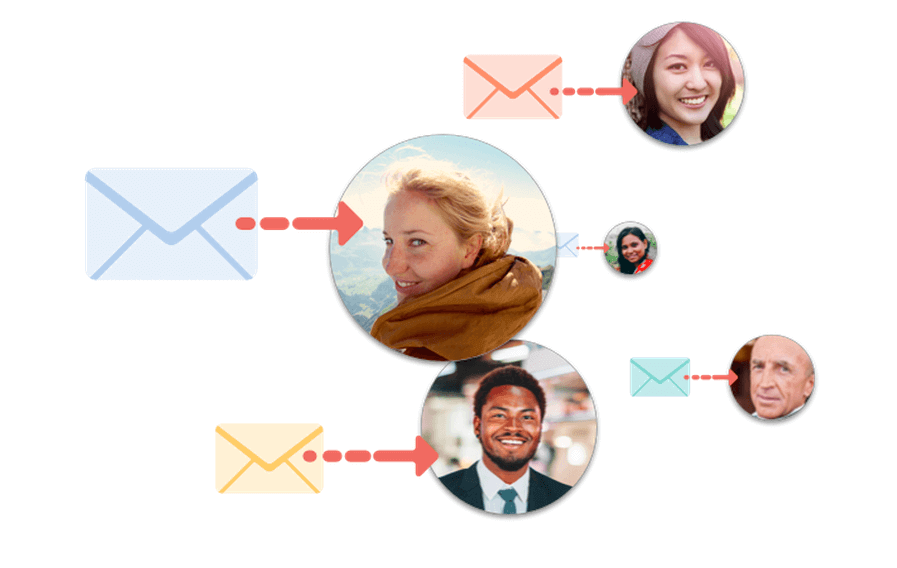
You would think guest engagement is simple. They already like your brand enough to book a room. Now you just need to send them the right messages at the right time and the rest will just take care of itself, right?
If that were really the case, hotels would be owning more of the guest relationship. Guests who have stayed at a hotel previously wouldn’t be booking through an OTA for their second, third, or even fourth stay. There wouldn’t be such a growing demand for engagement and hotel marketing solutions. If that were really the case, more than a quarter of the population would consider themselves loyal to a brand.
At its core, guest engagement is the act of keeping a hotel brand in front of someone on a consistent basis in a way that adds meaningful value to the relationship.
So what’s so hard about engaging guests? There are five big mistakes hoteliers are making in regards to guest relationships, and often, they are unaware that they are even happening.
1. They’re always selling
Open your email inbox right now, and most of what you’ll see is designed to convince you to buy more stuff. Engaging? Only if you’re ready to buy and the email is pushing something you’re already interested in.
There are times when it’s appropriate to make a sale, but positive guest engagement is built by adding value to the relationship. The companies that enjoy the highest customer engagement tend to offer information that makes their customers’ lives better or easier.
Hoteliers don’t communicate with their customers other than to ask them to buy right this second, and many blast the same offer to their entire database. This is a surefire way to alienate your guests because you’re guaranteed to send irrelevant content to some recipients, causing them to lose interest in your hotel.
The solution? Learn how to interact with your guests and add value to your email marketing efforts. Instead of sending out mass emails to guests who have different interests and needs, use your database to learn more about your audience. With this data, create segments to send personalized messages so guests are only getting information they care about.



